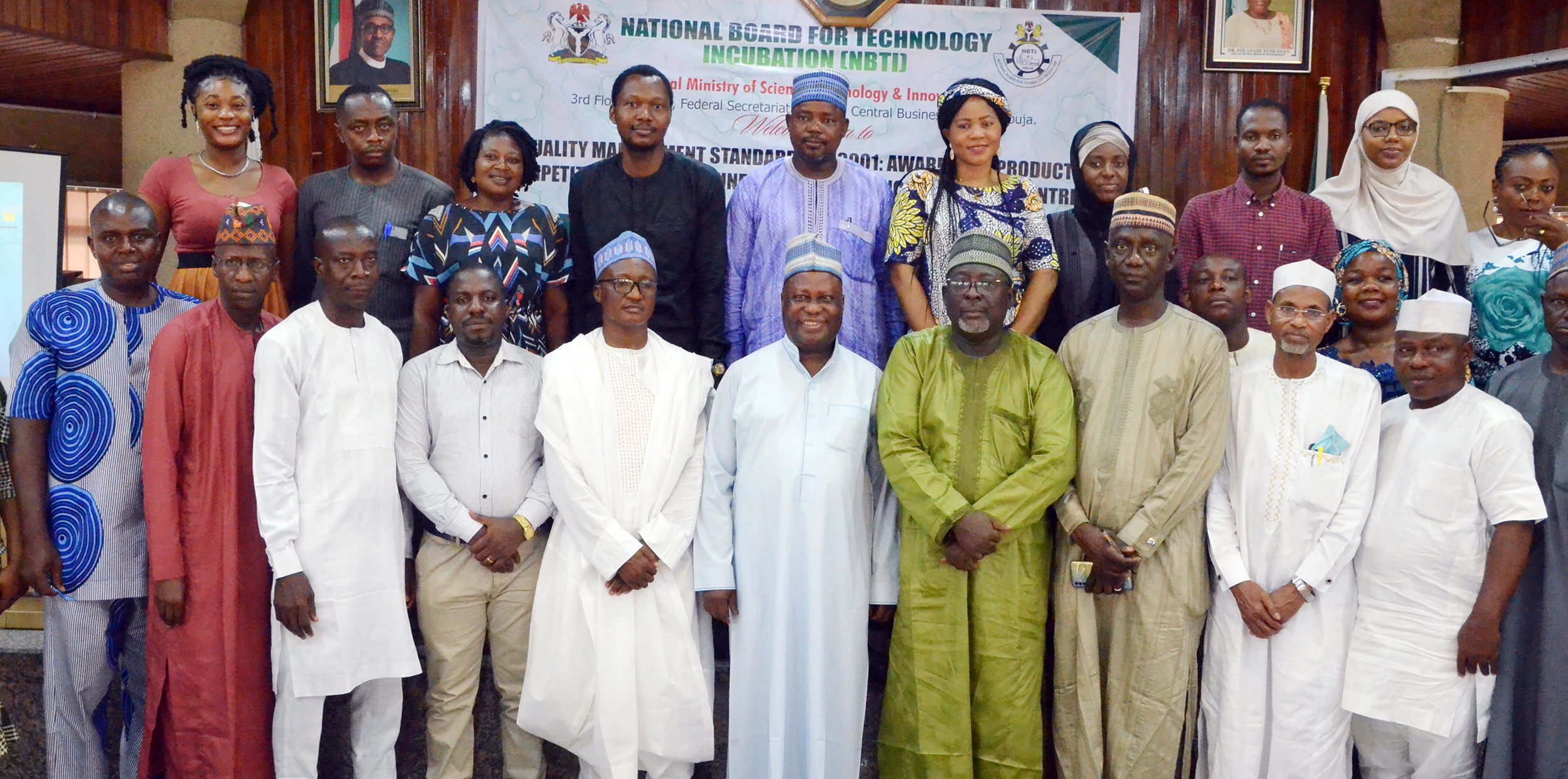Agriculture
Abuja, Abia Lead As Food Prices Soar

The Federal Capital Territory (FCT), Abuja, and Abia State have led a number of other southern states as food prices soar to record levels in 2022, according to The Tide source.
Data from “selected food prices” reports by the National Bureau of Statistics during the period in review show that food prices have risen highest in the FCT, Abia, Ebonyi, Rivers, and Edo states in 2022.
Further analysis showed that the South-Eastern region has recorded the highest food prices in the country.
Prices of food items observed within this period included staple foods such as rice, beans, yam tuber, tomatoes, agric eggs, bread, and beef.
Findings by The Tide source also showed that food prices witnessed significant price increases across the board in 2022.
An example is the average price of 1kg of tomato, which rose on a year-on-year basis by 30.79 per cent from N347.47 in October 2021 to N454.46 in October 2022.
Similarly, the average price of a bottle of palm oil increased by 33.22 per cent from N727.21 in October 2021 to N968.76 per cent in October 2022.
This soaring food prices comes just as the NBS disclosed that 62.9 per cent of Nigerians, nearly 133 million people, are multidimensionally poor.
Speaking with the source, the Lagos Chapter Chairman of the All Farmers Association of Nigeria, Mr Femi Oke, said factors such as logistics, increased demand, and government’s unwillingness to invest in large scale cultivation of certain agricultural products are the reason behind soaring food prices in the country.
He said, “Diesel and fuel are affecting logistics and transportation. Most of these products are coming from the north. They will factor in their transportation.
“Diesel is almost a thousand naira per litre right now. It will affect food prices, and the Nigerian government is not doing anything about it.
“Why is the government not doing something strategic to curb grain importation? In the last ten years, if we deliberately invested in grain or wheat, by now we would be producing and not importing.
“This is what is happening to us. There is no family in Nigeria that does not take grain or wheat. What is the government doing about it?” he queried.
Commenting on the reason food prices have been higher in the southeast, Oke noted that social tensions and frequent farmers-herders clashes have negatively impacted farming activities in the region.
“When you don’t allow your people to go to the farm, with the sit at home, people are afraid to go to the farm.
“Fulani herdsmen, herder-farmers clash is also rampant in the east, coupled with the climatic change, almost all the farmlands have been washed away. This is the reason behind the current food prices”, he explained.
On his part, the President of the Premium Bread-Makers Association of Nigeria, Emmanuel Onuorah, agreed with the statistics body’s data that bread price had witnessed an increase of 36.68 per cent in 2022.
According to him, “the increase could have been worse. It could have been up to 50 per cent. But if we do 50 per cent, you have to balance it.
Agriculture
FG, Ogun Distribute Inputs To 2,400 Farmers
Federal Government and the Ogun State Government, on Wednesday, distributed farm inputs to farmers as part of effort to address food security challenge.
The State Director, Federal Ministry of Agriculture and Food Security, Dr. Toyin Ayo-Ajayi, during the flag-off ceremony of Inputs Redemption Under The National Agricultural Growth Scheme-Agro Pocket (NAGS-AP), in Ogun State, disclosed that beneficiaries of the gesture were primarily rice, maize and cassava farmers across the State.
Ayo-Ajayi commended the Ogun State Government for partnering with the government at the centre for the effort in supporting farmers with inputs that would bring about yieldings for local consumption and likely exportation.
She noted that government is supporting rice, cassava and maize farmers with inputs worth N212,000; N189,000 and N186,000 respectively.
The Permanent Secretary in the State Ministry of Agriculture, Mrs Kehinde Jokotoye, who represented the Commissioner in the Ministry, Bolu Owotomo, stated that traditional farmers are critical in food production, hence the need to encourage and support them with inputs that would bring about desired results during harvesting.
Owotomo said: “Let us make good use of this opportunity, so that the success of this phase will make farmers benefit more from the state and federal governments of Nigeria.”
Earlier, State Coordinator, Federal Ministry of Agriculture and Food Security, Dr. Oluwatoyin Ayo-Ajayi, appreciated the present administration for partnering with the federal government for the initiative, adding that the programme is designed to support farmers at the grassroots level in cassava, rice and maize with inputs such as, seeds, pesticides, herbicides and fertilizers, to boost their production and enhance their livelihood.
Agriculture
Niger Allocates 10,000 Hectares For Smallholder Farmers
The Niger State Government has mapped out 10,000 hectares of farmland in Gbapo Community of Katcha Local Government Area of the State for smallholder farmers to benefit from the state government’s agricultural intervention programme.
Two thousand out of the 10,000 holders of the farmlands have already received inputs.
At a flag-off ceremony in Yinti Village, the facilitator of the programme, Shinkafan Nupe, Malam Idris Usman Makanta, assured the farmers of increased distributions to the mapped-out ten thousand (10,000) farmlands if farmers respond positively.
He explained that the commencement of the two thousand is to measure the positive response of farmers before obtaining full-scale support.
Malam Makanta stated that this initiative aligns with the farmers’ initial commitment through Niger Foods, whose mission is primarily geared towards establishing efficient and profitable agricultural businesses to support the present administration of Governor Mohammed Umaru Bago’s quest to boost agricultural productivity in the state.
He also commended Niger Foods for their steadfastness and resilience in the effective implementation of the input financing scheme.
Makanta reiterated the commitment of the State Governor in making judicious use of the arable land in the state.
Shinkafan Nupe, therefore, urged the farmers to support the Governor by using the inputs wisely so that the dream can be actualised.
Agriculture
GO-CARES: Gombe Empowers 573,429 Farmers, Entrepreneurs
The Gombe State Government has empowered a total of 573,429 farmers and entrepreneurs under the 4th phase of the GO-CARES programme.
The programme was officially flagged off by Governor Inuwa Yahaya in another major step towards alleviating poverty and supporting the state’s vulnerable populations.
The Governor, while inaugurating the disbursement in Akko Community of Akko Local Government Area, restated his administration’s commitment to the welfare of vulnerable citizens in the state.
He was represented by the Commissioner for Budget and Economic Planning, Salihu Baba Alkali, who is also the Chairman of the Steering Committee on GO- CARES implementation.
“The 4th phase of GO-CARES will directly and indirectly impact a total of 573,429 citizens across the state. Of these, 152,429 individuals will benefit directly through cash transfers, livelihood grants, agricultural inputs, and operational grants to small businesses”, he stated.
The Governor added that, “421,000 people will be indirect beneficiaries through infrastructural projects such as classroom blocks, healthcare facilities, WASH services, and rural infrastructure projects like culverts and drainages”.
Yahaya, reaffirmed his commitment to ensuring that the state’s most vulnerable citizens are not left behind in the state’s development.
According to him, “Earlier this year, on June 25, 2024, we flagged off the distribution of improved seedlings, fertilizers, and herbicides to less privileged farmers in Malam Sidi, Kwami Local Government Area, signaling the commencement of the 4th phase implementation of GO-CARES under Result Area 2”.
The Governor reiterated that these initiatives have had a significant impact on the livelihoods of beneficiaries and the overall agricultural sector.
He explained that, “Today’s ceremony marked the simultaneous launch of activities under all three GO-CARES Result Areas for the 4th phase. These areas include: State Cash Transfer Grants: 2,500 direct beneficiaries; Labour Intensive Public Works: 2,700 direct beneficiaries; Livelihood Grants: 10,000 direct beneficiaries; and Basic Services: 405,000 indirect beneficiaries”.
-
Sports5 days ago
Kano Pillars Signs two Europe returnees, four others
-

 Sports2 days ago
Sports2 days agoFA Cup: Minnows Stun Liverpool, End Dream
-

 News2 days ago
News2 days agoJail Break: NSCDC Deploys More Armed Officers To Custodial Centres
-
Business5 days ago
Lokpobiri Condemns Abandoned Refinery Project in N’Delta … Vows Revival
-

 Politics2 days ago
Politics2 days agoProbe My Father With Clean Intent, El-Rufai’s Son Tells Kaduna Govt
-
Maritime2 days ago
NRC, APMT Plan Cargo Movement Expansion From Apapa To Ibadan
-
Business5 days ago
Dangote Refinery Exports Jet Fuel To Saudi Aramco
-

 Sports2 days ago
Sports2 days agoEdo Inaugurates Committee For Edo Sport Festival

